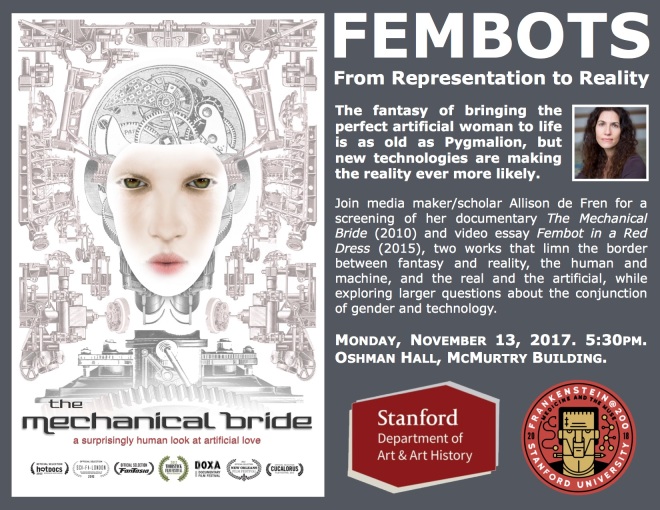
The Department of Art & Art History presents a special screening of the documentary film Invisible Landscapes. This event is free & open to the public. A Q&A with Ivo Bystřičan (Director) and Tereza Swadoschova (Producer) will be held after the screening.
It sounds like a bird’s song, and you can’t take your ears off it. But it’s not – it’s just the popping bubbles of a melting glacier. A group of musicians equipped with sensitive microphones and headphones set out on an exploration. They head to places in the Czech and Icelandic countryside both marred by industry and untouched by man to discover and understand the sound of catastrophe – the sound of ongoing climate change, which in itself can be far more beautiful, and more imaginative, than what it heralds. While sight allows phenomena and things to be encompassed in a static state and in a certain entirety, hearing allows us to understand how they affect and clash with their surroundings. Sound is the consequence of an event that happened in the past and points towards a future now being decided, one that may potentially be inevitable and destructive for us. It cannot yet be seen in the invisible landscapes, but – if we listen carefully – it is already there.
Czech Republic, 2022, 48 minutes.
Ivo Bystřičan is Czech documentary director, dramaturg, screenwriter and producer. His work focuses on social and environmental topics with a sociological accent. His feature documentary debut Byeway (2014) focuses on the controversial role of the state in the construction of the highway as a public good. In his films, he dives into the tobacco industry, industrial agriculture, resource extraction, refugee crisis or the evolution of industrial capitalism. He focuses on uncovering the latent functions of institutions and the unintended consequences of an action. Invisible Landscapes is his latest film as a part of the multidisciplinary project Future Landscapes. He also works as a dramaturg of documentary films and audio podcasts, and lecturer of film workshops. He is the author of several documentary podcast series. He graduated from sociology at Masaryk University, Brno and documentary filmmaking at FAMU, Prague.
Tereza Swadoschová is a Czech producer and programmer. Her work engages with science, using art as a primary tool, and emphasizes social and environmental themes. “Future Landscapes,” her latest project, delves into the insights that sound can provide about our future. This is represented through documentaries, a podcast series, a music album, and artistic interpretations of rituals. Tereza is the head of the Inspiration Forum at the Jihlava IDFF. This platform annually hosts discussions on a range of topics from social, political, cultural to environmental issues. She co-founded the first platform in the Czech Republic dedicated to the ethics of documentary filmmaking. A graduate of Masaryk University, Tereza is currently collaborating with artist Kateřina Šedá on a project that focuses on the role of industry in marginalized areas.
VISITOR INFORMATION: Oshman Hall is located in the McMurtry Building on Stanford campus at 355 Roth Way. Visitor parking is free all day on weekends and after 4 pm on weekdays, except by the Oval. Alternatively, take the Caltrain to Palo Alto Transit Center and hop on the free Stanford Marguerite Shuttle. If you need a disability-related accommodation or wheelchair access information, please contact Julianne Garcia at juggarci@stanford.edu.
This event is made possible with the generous support of:
CREEES Center for Russian, East European & Eurasian Studies
Department of Art & Art History
Department of English
Department of Slavic Languages and Literatures
Film and Media Studies

